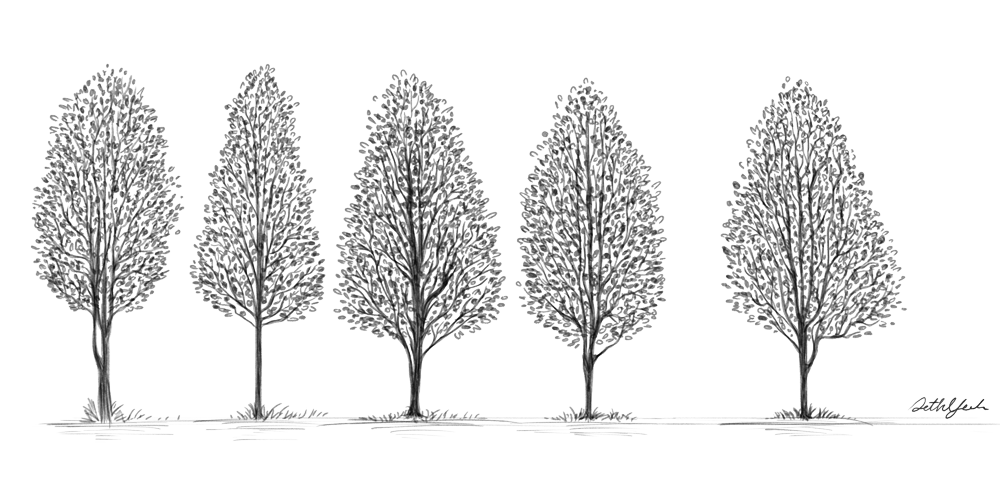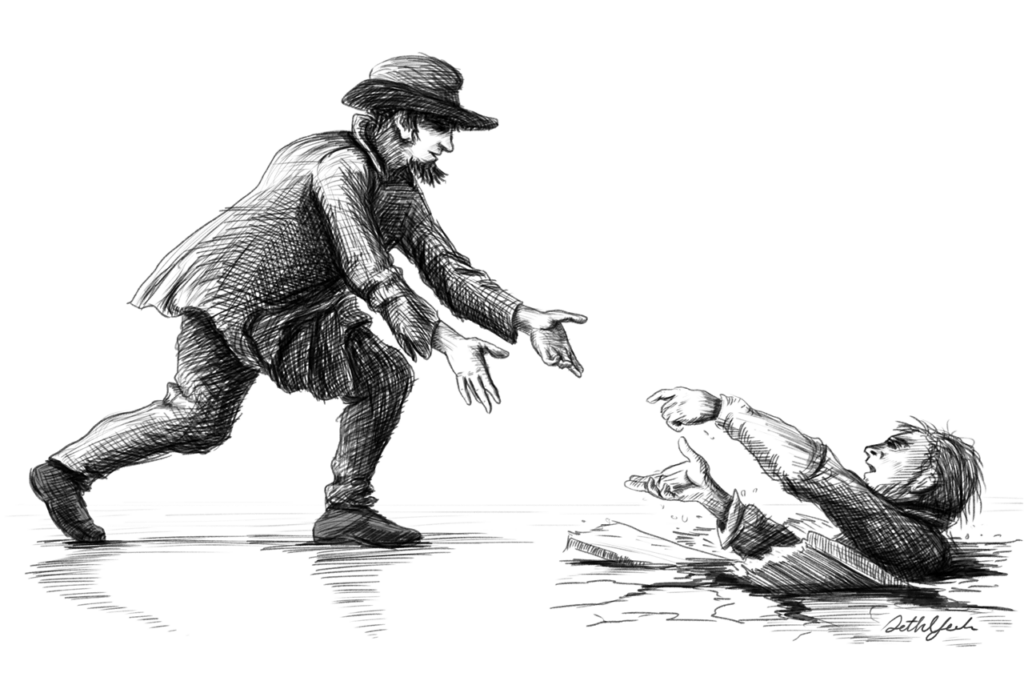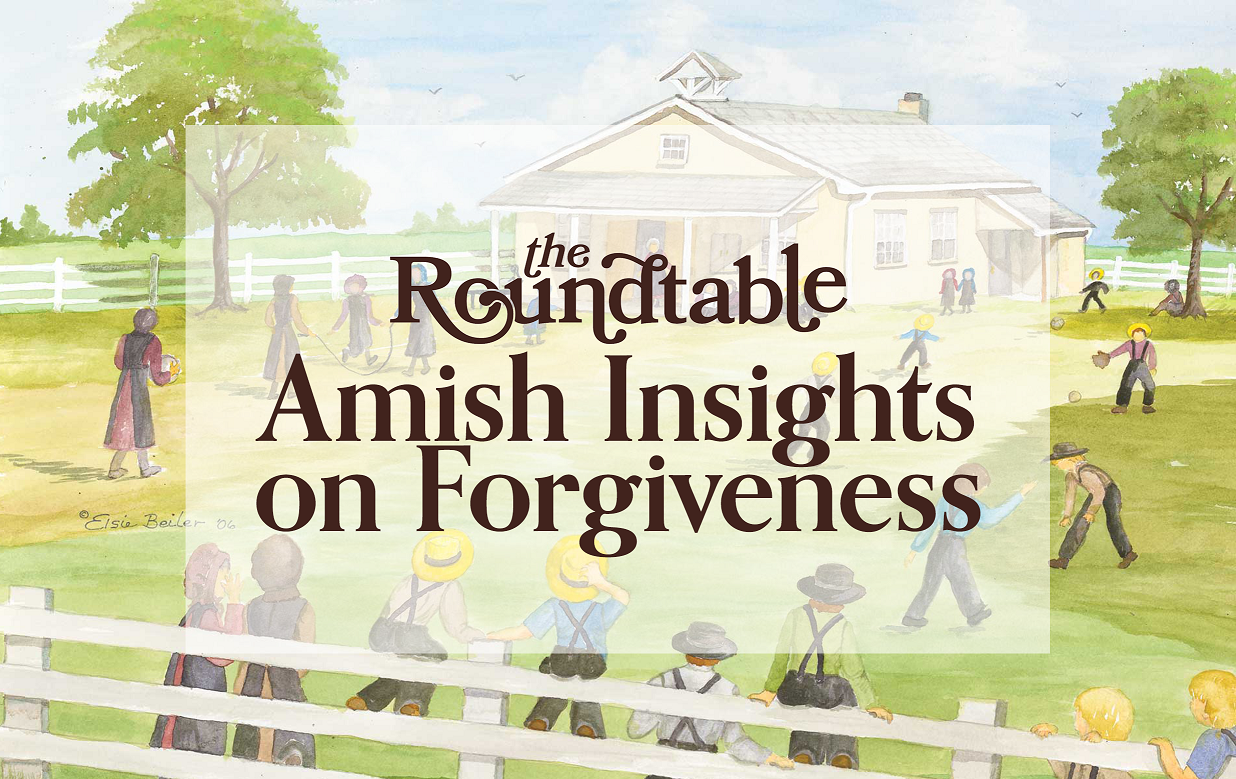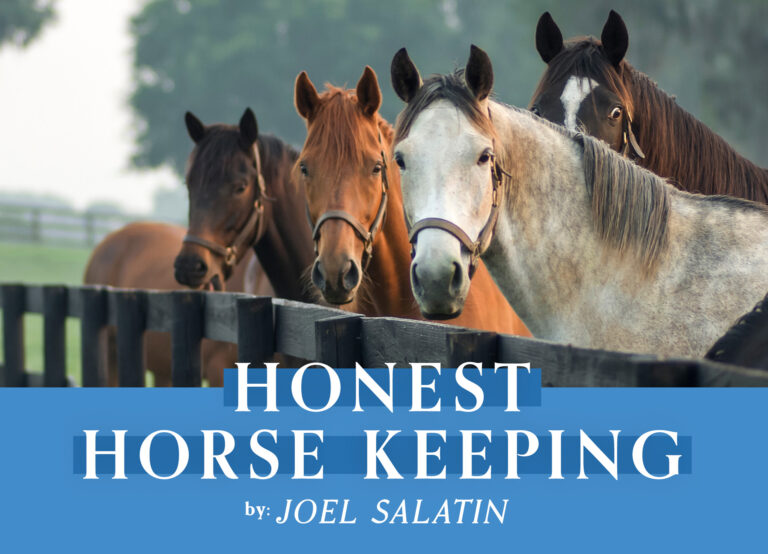from Plain Values
THIS MONTH’S QUESTION:
How do you practice forgiveness in your community?
Jerry: In any close-knit community, forgiveness is the elixir that cures disease. It cleans the cancer from the joints and makes things pliable again. The spiritual WD-40 that lessens the creaking and groaning. Forgiveness is counter-cultural. It flies in the face of conventional thinking. Society teaches us that we claim what is ours no matter the cost—we claim our rights. Jesus taught us to turn the other cheek, and not only to turn the other cheek physically but inwardly as well. A heart change that expresses itself in a daily walk with my neighbor.

Maybe one of the most visible displays of forgiveness in recent history was the Nickel Mines incident when a troubled young man entered an Amish schoolhouse and took hostage 10 young innocent school girls, bound them, laid them in a row on the floor, and proceeded to shoot them execution style. Five died and all the others were left to deal with scars—both emotionally and physically—that we can only imagine. The young man then proceeded to kill himself.
The public display of forgiveness went viral—nationally and internationally, people could not understand. How can you extend the olive branch under such circumstances? This bitter young man was known locally in the community—his parents had provided taxi work to some of the victims’ families. The response was immediate, showing up at the perpetrator’s door, simply embracing the raw emotion by extending an open palm. No hard feelings. We forgive. We’ll get through this together. It stunned the watching world.

While we don’t believe such a heinous act is the will of God, we do believe God can use such acts to portray goodness through His people. Yes, I know the public display of spontaneous forgiveness was beautiful. I also know the private battle endured as they shed buckets of tears.
“Yes, I know the public display of spontaneous forgiveness was beautiful. I also know the private battle endured as they shed buckets of tears.”
The slow process of healing, the hard work of every morning once again renewing the vow to forgive was a long journey. Perhaps one of the first Bible verses most Amish children learn to memorize is the Lord’s prayer. Forgive us our debts as we forgive our debtors.1 The reality is, as we are willing to forgive others, so the Lord forgives us. We are all sinners, and we all fall short of God’s grace. We would do well to realize that not only do I have to put up with my neighbors’ shortcomings, but really, he has to put up with mine.
The refusal to forgive causes bitterness, it jaundices our view of our fellow man. And so very often, the very things we cannot forgive, we become—because our focus is wrong. Forgiveness not only releases others; it releases us. It is good for the immune system: it lowers blood pressure, slows the heart rate, lessens depression, calms anxiety, releases strain on the vocal cords, and strengthens marriages. It is completely opposite of what society teaches us. “To err is human, to forgive is divine,” as the saying goes. Vengeance, we believe, is God’s work, leaving us with little energy to settle the score ourselves.
In most Plain communities every spring and fall—twice a year—the church gathers for what is called “Ordnung gma” or council meeting, a sort of moral housecleaning ceremony where members are reminded of their Christian obligation to be honest and upright; to simply be neighborly, to help where help is needed, to exercise our hearts in the moral responsibility towards our fellow man—and this includes forgiveness. In the Nickel Mines case, no edicts were needed, no appointed ambassadors, just human beings doing the hard work of mending relationships and restoring harmony. Remember, God’s grace is sufficient for every situation.

Ivan: Forgiveness is one of Jesus’ key messages that he taught his disciples when he walked on this earth. It is also one of the hardest things for our carnal nature to practice. Jesus’ teachings from the Sermon on the Mount included… And forgive us our debts, as we forgive our debtors. But if ye forgive not men their trespasses, neither will your Father forgive your trespasses.1
Many of our ancestors suffered for their faith in Europe before coming to America. Dirk Willems gave us a good example of forgiveness and loving your enemy. In the winter of 1569, in the country of Holland, Dirk Willems was to be apprehended because of his faith. As he was running to escape, he was being chased by a “bounty hunter.” Racing out over the wintry countryside, he treacherously made his way over the ice. When Dirk reached the other shore, he heard the cries of his pursuer as he broke through the ice. He could have raced to freedom. He could have made it home to his mother and his sister, but he chose to inch his way out over the ice and pull his pursuer to safety. This act of kindness cost Dirk his life. When he arrived on the shore after his heroic efforts, he was promptly captured by the town burgomaster and was later convicted of heresy because of his faith in Jesus Christ. He was condemned to be burned at the stake. Dirk chose to turn the other cheek and put the teachings of Jesus into action.

Monumental decisions like this do not happen in the spur of the moment, but rather by a lifetime of smaller decisions that lead up to it. Dirk’s decision to risk his own life to save the life of his pursuer was not made at the moment that he stood on the shore, but more so by his conscious effort to live out Jesus’ teachings in his daily life. It is easy for us to know what we should do, but it is a lot harder to put it into action.
The following story happened in our community a number of years ago. On a beautiful summer day, with not a cloud in the sky, 15-year-old Jeffrey* leisurely rode his bicycle down the road. At the same time, Mark Stevens* was distracted by something in the car and crossed left of center, hitting Jeffrey head-on. The impact left no hope of survival, and Jeffrey was pronounced dead at the scene. The community and neighborhood fell into shock as they prepared for the funeral. We do not plan for situations like this. How do you respond to a situation like this? We can choose to be bitter, or we can choose to forgive. Following is part of a letter by Jeffrey’s parents that was read at Mark’s sentencing…
“We forgive Mark for the accident. He is very sorry. He is very likable with good manners. We feel very sorry for him.”
“Unwillingness to forgive is like drinking poison and hoping our offender will die from it.”
If we choose to forgive, it releases our pent-up emotion and allows us to begin the healing process from a wrongdoing or an unkind remark about us. It could have been accidental or intentional. In turn, if we hold a grudge, we cannot begin that healing process and will relive the incident, making it harder and harder to heal. Unwillingness to forgive is like drinking poison and hoping our offender will die from it. If we are faced with a decision to forgive or to hold a grudge, let us be reminded of Jesus’ words on the cross. Father, forgive them; for they know not what they do.2 //
This article was published in the May 2023 issue of Plain Values Magazine. If you want the latest stories every month, subscribe to the magazine HERE. As a special thanks, get 10% off your subscription with the code “GAB23”!
FOOTNOTES:
1) Matthew 6:12,15
2) Luke 23:34
*names changed to protect identity

Ivan, Emma, and their four children live on a 12-acre homestead where they strive to raise as much of their own food as possible. Each year they have a large garden, harvest from their orchard, use raw milk from their own cow, and process chicken, turkey, beef, and pigs for their freezers. Ivan is a minister in the local Amish community. He builds tiny homes and animal shelters for a living. His models can be seen on tinyhomeliving.com or by calling 330-852-8800.
Jerry and Gloria Miller, along with their six children, operate Gloria’s home farm, a 173-acre organic dairy. They milk between 60 and 70 cows with a few small cottage industries supplementing the farm income. Jerry is a deacon in his local Amish church.





